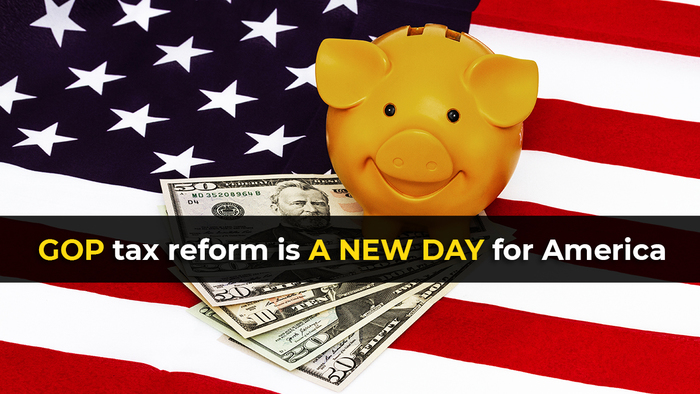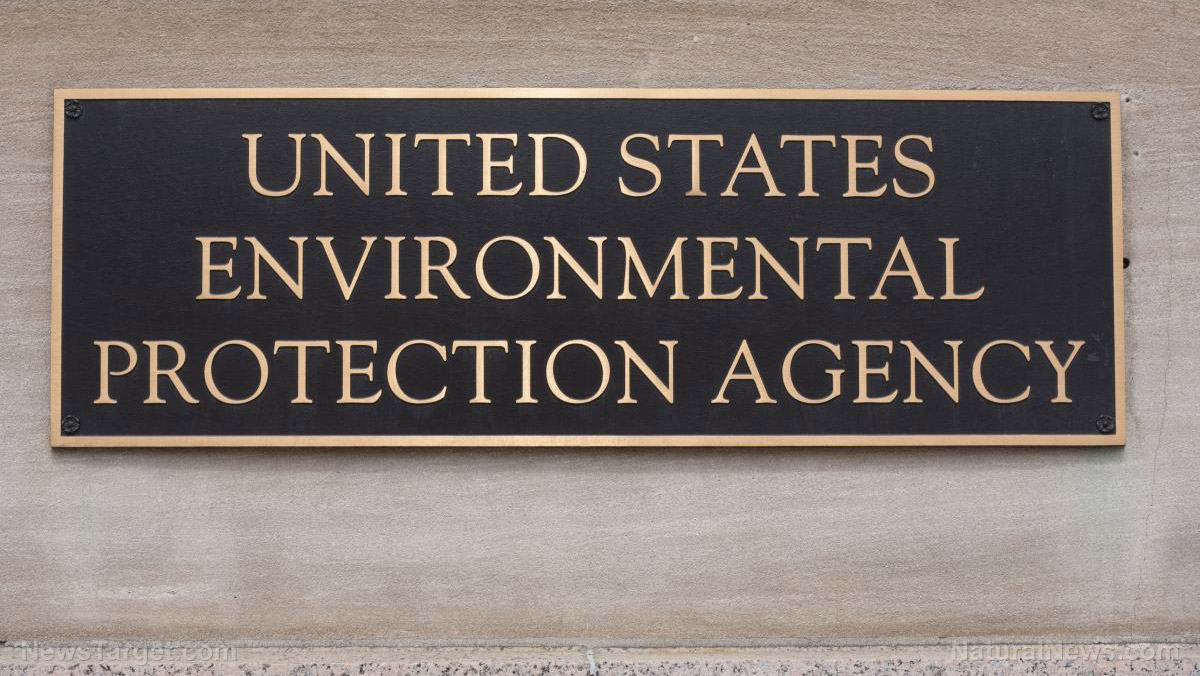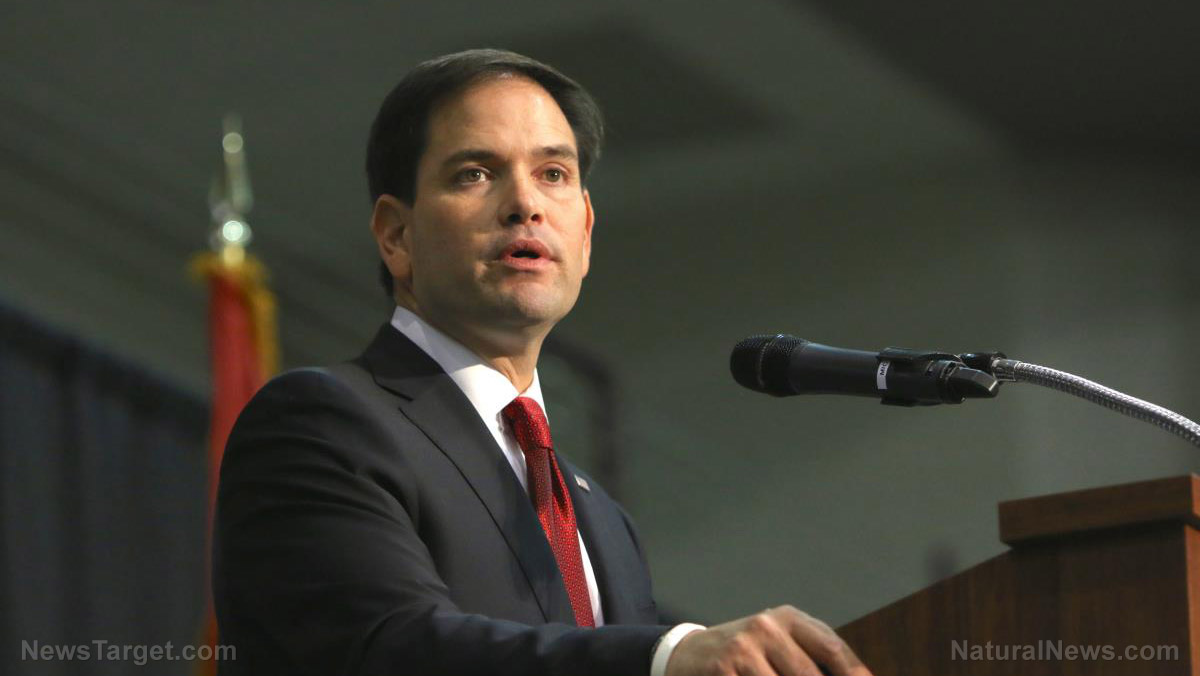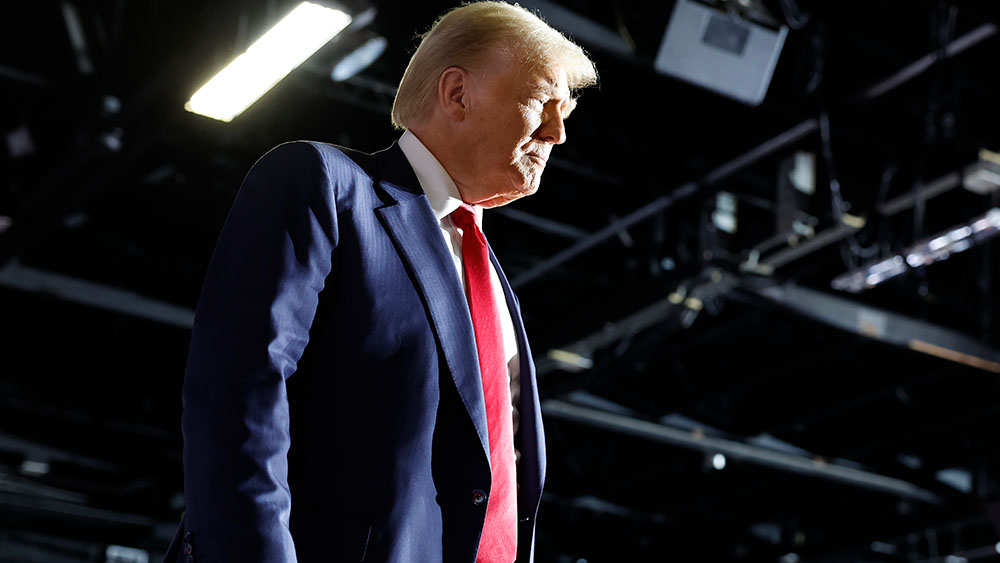The great crypto power struggle: How technocrats and governments are reshaping global finance
03/28/2025 / By Willow Tohi

- Governments, central banks and technocrats are engaged in a fierce battle for control over the future of money, with the obsolescence of cash, weaponization of cryptocurrencies and pervasive surveillance at the core of this high-stakes conflict.
- The conflict has roots in the 1932 ideology of Technocracy, which seeks governance by scientists and engineers. Modern proponents, including influential figures like Peter Thiel, aim to create a financial system with real-time tracking of all transactions and individuals, facilitated by the elimination of cash and the rise of digital currencies.
- The Trump administration’s embrace of cryptocurrencies as a strategic reserve, including Bitcoin, Ethereum and others, has intensified the power struggle. This move, while boosting crypto markets, raises concerns about the dollar’s stability and ethical issues due to Trump’s personal interests and regulatory actions.
- Technocrats envision a cashless future with programmable money that can enforce spending limits and enable real-time surveillance. This vision aligns with the goals of eliminating private property, savings and inheritance, posing significant threats to privacy and economic freedom.
- The push for a cashless, crypto-driven economy promises efficiency but raises fears of authoritarian control. Privacy advocates and economists warn of potential dystopian outcomes, while the balance of power in the financial world hangs in the balance, with the future of finance at stake for ordinary citizens.
The battle for control over the future of money has reached a fever pitch. Governments, central banks and unelected technocrats are locked in a high-stakes struggle to dominate the next era of global finance — one where cash is obsolete, cryptocurrencies are weaponized and surveillance is baked into every transaction. At the heart of this conflict lies a fundamental question: Who will dictate the rules of the new financial order — elected leaders or the technocratic elite?
The U.S. government’s recent embrace of cryptocurrency as a strategic reserve, coupled with the rapid erosion of cash-based economies worldwide, has accelerated this power struggle. Meanwhile, unelected figures like former Bank of England Governor Mark Carney — a member of the secretive Trilateral Commission — are pushing for centralized, data-driven economic control. The outcome could redefine sovereignty, privacy and economic freedom for generations.
The rise of technocracy: A century-old plan in motion
The roots of this conflict trace back to 1932, when the ideology of Technocracy — a system where scientists and engineers, not politicians, govern society — was first proposed. Its modern architects, including influential Silicon Valley figures like Peter Thiel, have spent decades laying the groundwork for a financial system where every transaction, asset and individual is tracked in real time.
Key to this vision is the elimination of cash, which offers anonymity, in favor of digital currencies that enable total surveillance. As Patrick Wood, a critic of Technocracy, warns: “Cash provides anonymity, whereas global crypto payment systems destroy privacy altogether.” The 1993 Technocracy Study Course outlined this blueprint, demanding a “continuous inventory of all production and consumption” and “specific registration of the consumption of each individual.” Today, with the Internet of Things (IoT) and 5G networks enabling mass data collection, these once-fringe ideas are becoming policy.
The U.S. bets big on crypto — but who really wins?
In a seismic shift, the Trump administration announced the creation of a U.S. Crypto Strategic Reserve, stocking Bitcoin, Ethereum and lesser-known tokens like Solana and Cardano. The move sent markets soaring, with Bitcoin surpassing $93,000, but critics see it as a risky gambit—one that could destabilize the dollar’s global dominance.
“Investing taxpayer funds in volatile digital assets is a high-stakes gamble,” analysts warn. The policy also raises ethical concerns, given Trump’s personal stake in the memecoin $TRUMP and the abrupt dismissal of regulatory actions against crypto firms like Coinbase. Meanwhile, nations like China are advancing state-controlled digital currencies, setting the stage for a geopolitical showdown over financial sovereignty.
The endgame: A cashless, controlled future?
The ultimate prize for technocrats is a system where money is not just digital but programmable — capable of enforcing spending limits, expiring subsidies, or even penalizing “unauthorized” savings. As Wood notes, “Technocracy intended to altogether eliminate private property, savings and inheritance.” Such control would require unprecedented surveillance, from biometric tracking to real-time spending audits.
Yet resistance is brewing. Privacy advocates warn of dystopian overreach, while economists fear the fragility of a fully digitized economy. “The era of crypto as an unregulated frontier is over,” observes one analyst. “But whether this leads to innovation or authoritarianism depends on who holds the keys.”
A financial revolution—or a trap?
The world stands at a crossroads. The push for a cashless, crypto-driven economy promises efficiency but threatens liberty. Governments may soon find themselves outmaneuvered by technocrats wielding algorithms instead of laws. For ordinary citizens, the stakes are stark: Will the future of finance empower individuals—or enslave them to an unaccountable digital elite?
One thing is certain: The war for control of money is just beginning, and its outcome will shape the balance of power for decades to come.
Sources include:
Submit a correction >>
Tagged Under:
big government, Big Tech, Bubble, conspiracy, crypto, Dangerous, deep state, dollar demise, economic freedom, economy, enslaved, finance, freedom, Glitch, insanity, Liberty, money supply, pensions, privacy watch, risk, surveillance, technocrats, Tyranny
This article may contain statements that reflect the opinion of the author
RECENT NEWS & ARTICLES
COPYRIGHT © 2017 BIG GOVERNMENT NEWS





















